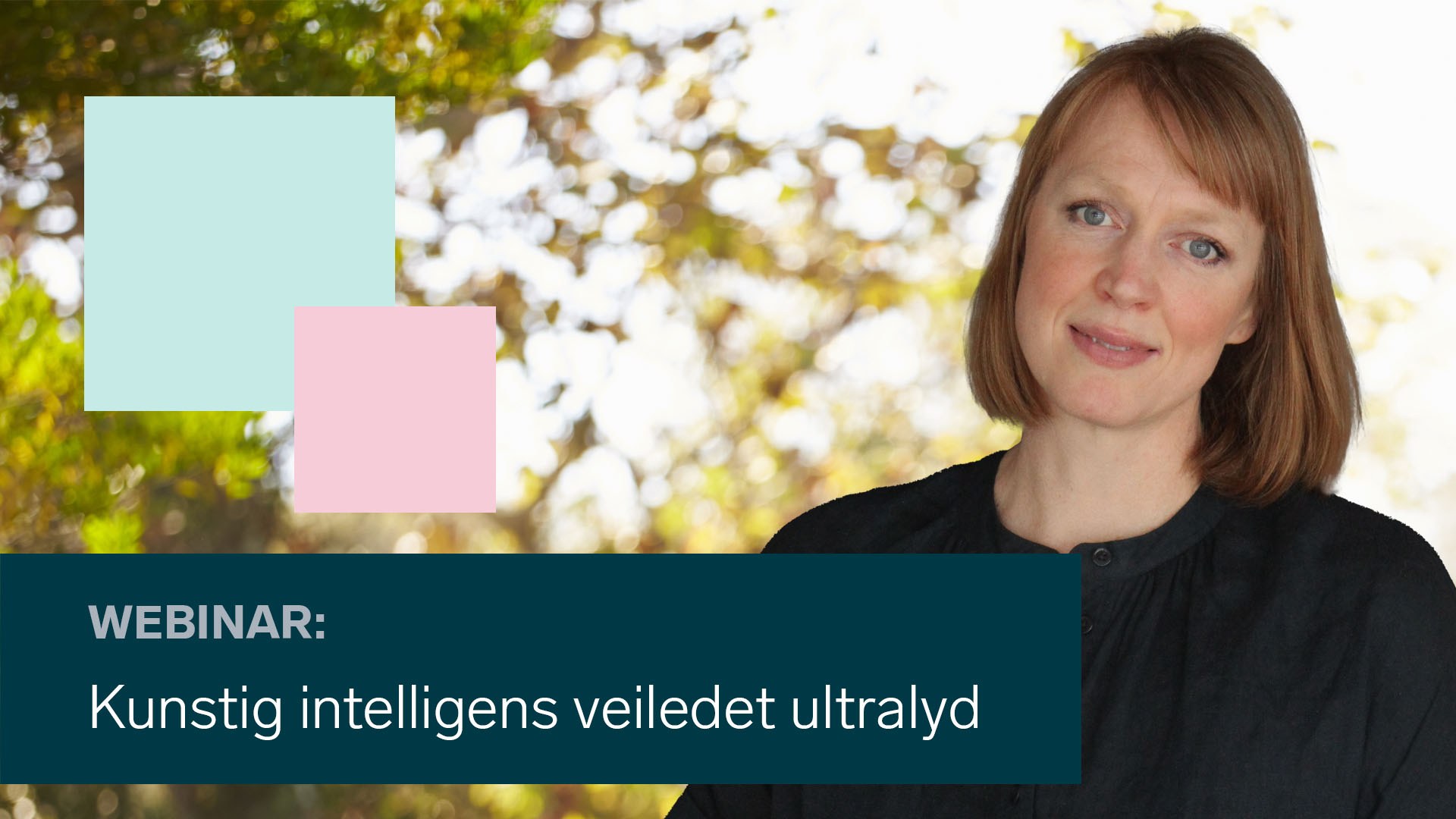Artificial intelligence and equitable health services
What is it like to be a doctor and patient in rural areas?
We've looked at ultrasound examinations as an example of how artificial intelligence can contribute to equitable healthcare, no matter where you live.

Many people experience ultrasound images as a blurry shades of grey. New ultrasound technologies offer new opportunities. It has been called the new stethoscope.
Ultrasound is a relatively inexpensive technology, but it requires some expertise to interpret the images. That's where artificial intelligence can help.
In collaboration with municipalities and the Health Innovation Centre, SINTEF is running several projects involving KI-guided ultrasound. SINTEF has previously developed AI-guided ultrasound for cardiac diagnostics and nerve blocks for the specialist health service. They are now well underway with developing models for the dilation of the main artery, and want to launch models for examinations during pregnancy in rural areas.
The aim of the projects is increased sustainability, equal healthcare services for patients in rural areas, and a more interesting working day for GPs.
At the webinar, SINTEF will showcase KI guided ultrasound that they have developed and active projects, as well as ideas for new areas where KI guided ultrasound may be suitable.
Presentation by Cecilie Våpenstad, senior researcher at SINTEF and associate professor at NTNU.
Cecilie Våpenstad has an interdisciplinary background in medical technology and social anthropology, and has spent more than 15 years researching technology-supported learning in the healthcare sector. She is leading the work to develop AI guided ultrasound that is adapted to the everyday life of busy GPs in rural areas.
Recording
You can download the podcast to your mobile on Apple Podcasts, Spotify or Podbean. Search for ‘Norwegian Centre for E-health Research’.